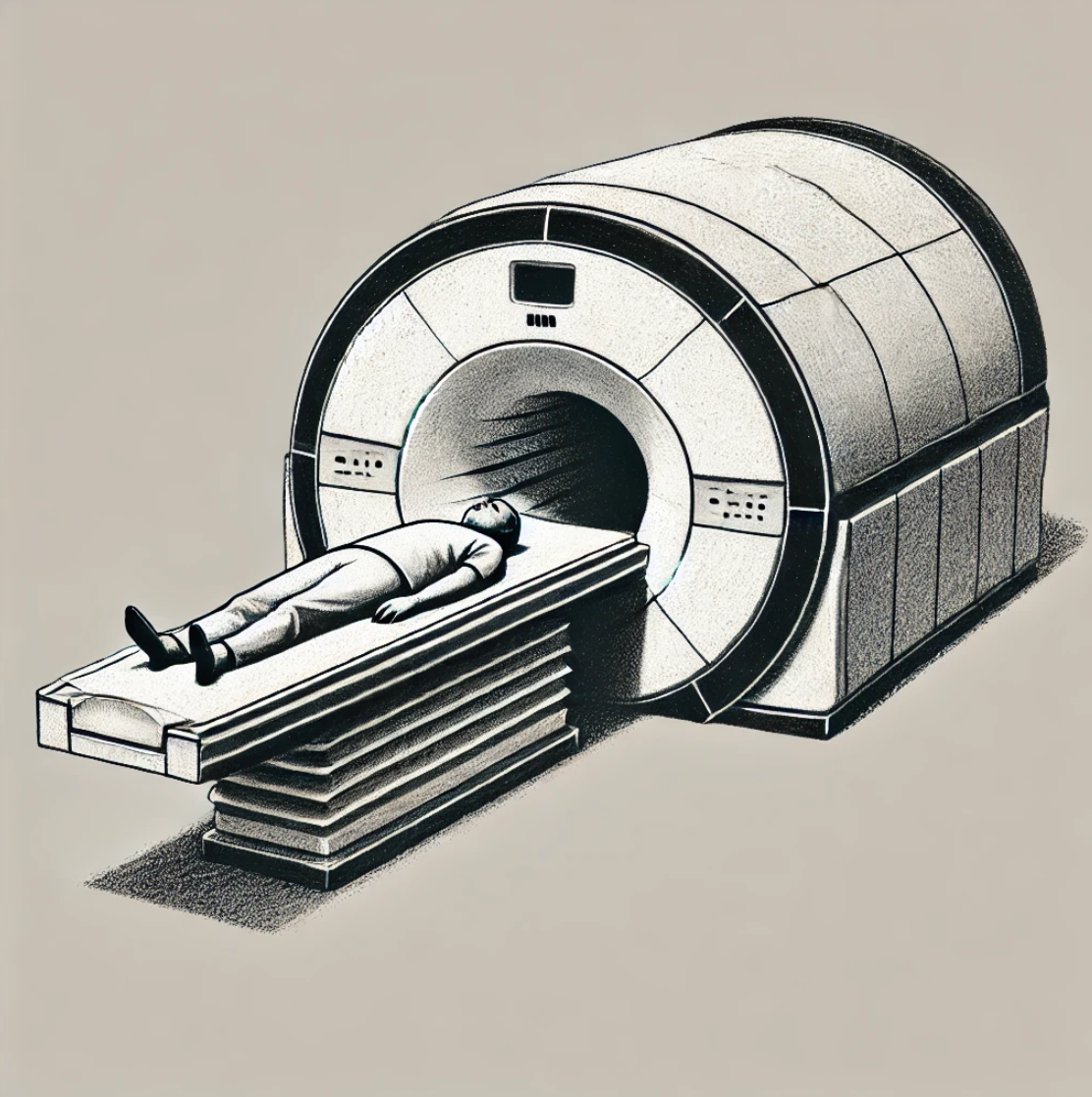Magnetic Resonance Imaging (MRI) is a technique used in cognitive neuroscience to create detailed images of the brain. It works by using a strong magnetic field and radio waves to detect differences in brain tissues. This allows scientists to see the brain's structure in high detail without needing surgery or radiation.
A special type of MRI, called functional MRI (fMRI), is used to study brain activity. fMRI detects changes in blood flow, showing which brain areas are active when a person thinks, feels, or performs a task. This helps researchers understand how different parts of the brain work together for memory, decision-making, and emotions.
Unlike EEG or MEG, which record fast electrical or magnetic signals, MRI provides detailed images but captures changes more slowly. This makes MRI excellent for studying brain anatomy, while EEG and MEG are better for tracking rapid brain activity.
